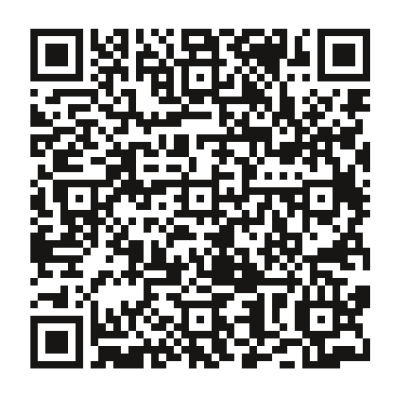The world has seen a recent spate of cyber-bullying suicides and it is drawing new attention to one of the worst consequences of digital expansion. The question is: what will parents and educators do about it?
In May, Gabrielle Molina sadly took her own life in Queens after suffering bullying at school and at home via her computer and mobile devices. Last week, Hannah Smith committed suicide in the UK after suffering bullying over the Ask.fm website.
Now, Canada is reeling from its own story: Rehtaeh Parsons, a Canadian teen, committed suicide after photos of her alleged rape began circulating online. The case instantly becomes one of the most high profile suicides involving sexual bullying since Tyler Clementi committed suicide at Rutgers after his roommate posted comments and video of Clementi’s homosexual encounter online.
How can parents and guardians cope with what is fast becoming one of the key digital safety concerns for teens?
Technology must control technology. Teens will bullying, post, tweet, and sext their way to hurting other teens – unless a barrier is put in their way. That barrier is MMGuardian.
MMGuardian is designed with cyber-bullying prevention in mind. Monitor reviews incoming and outgoing text messages; flagging any that contain bullying words and phrases and alerting the parent or guardian. And app control can block mis-used applications that are often conduits for bullying, including Facebook Messenger, Oovoo, and Instagram.
Cyber-bullying is a growing threat. Parents need to use technology to end it.





